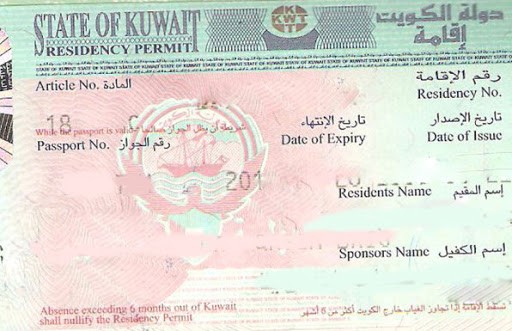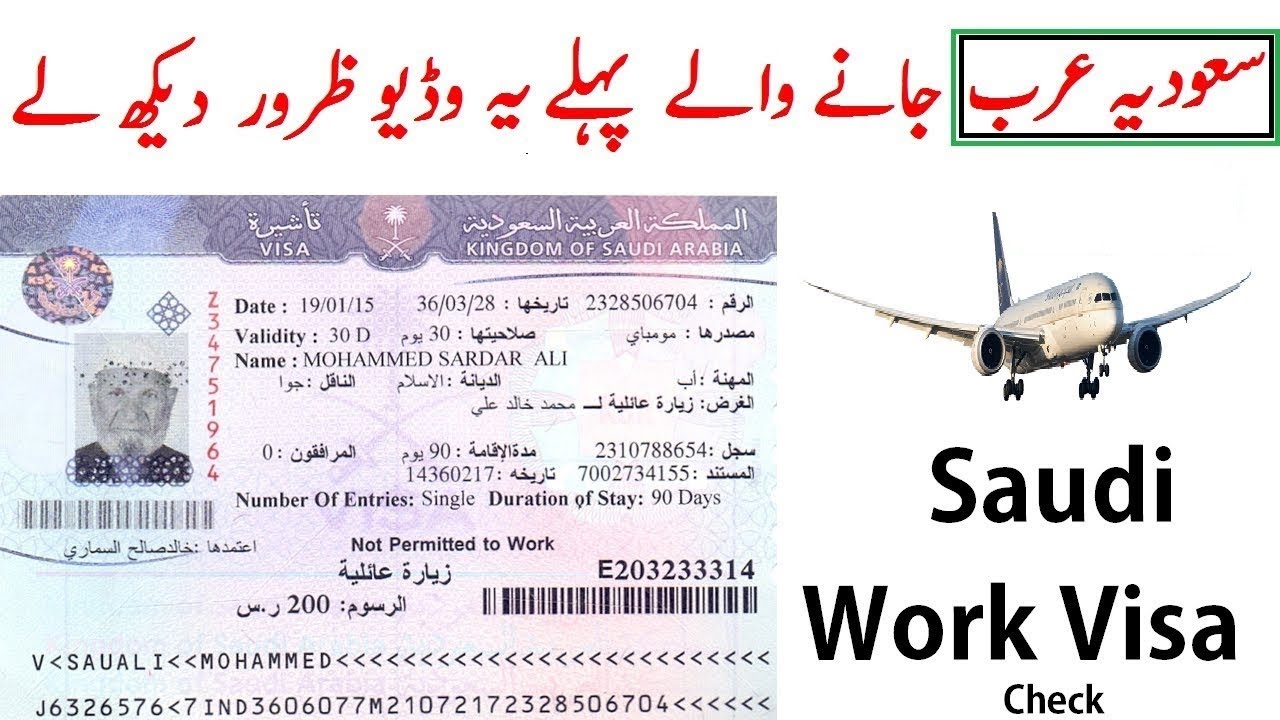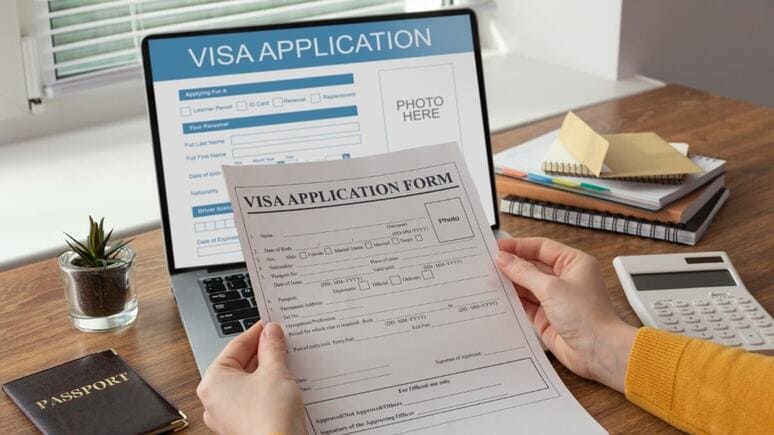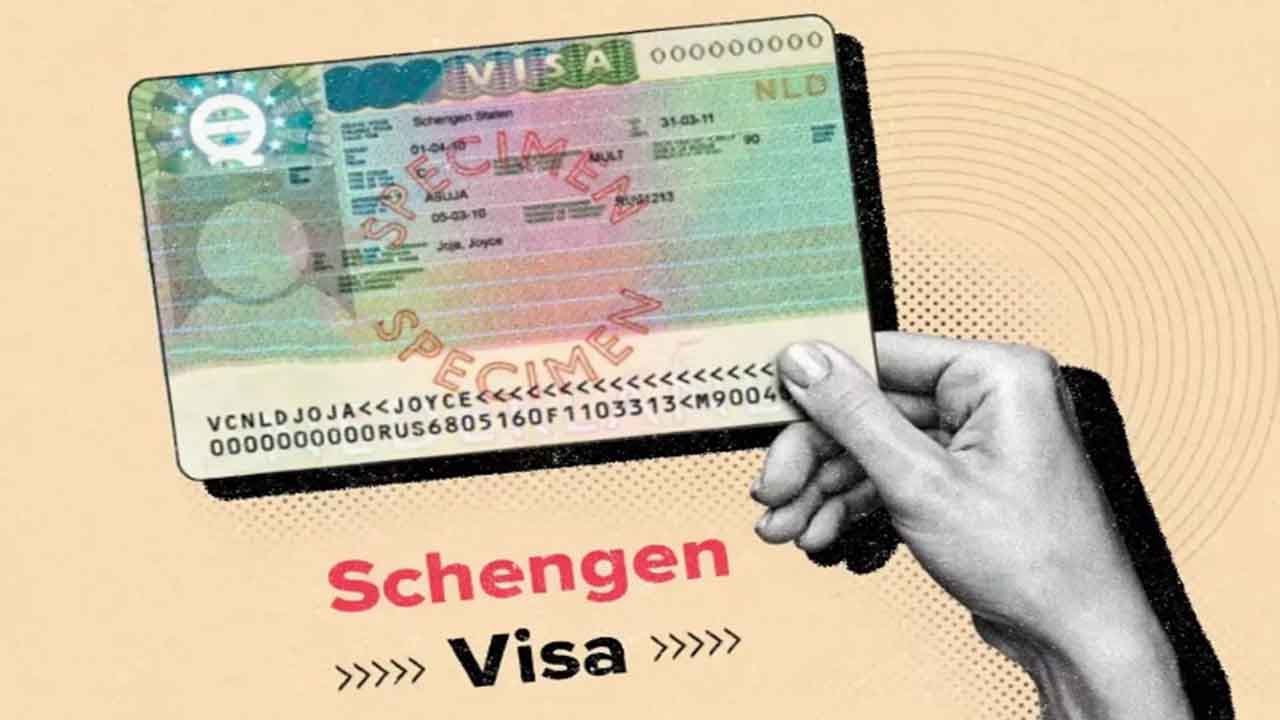Introduction: Why the UK is a Magnet for Global Talent in 2025
The United Kingdom, with its robust economy, rich cultural diversity, and leading industries, remains a top destination for skilled professionals worldwide. In 2025, the UK job market is thriving with opportunities for international talent, driven by labor shortages in sectors like healthcare, technology, and engineering. Visa sponsorship jobs provide a gateway for skilled workers to live and work in this vibrant country, enjoying benefits like the National Health Service (NHS), world-class education, and a multicultural environment.
This detailed guide dives into the world of visa sponsorship jobs in the UK for 2025. Whether you’re a nurse from the Philippines, a software developer from India, or an engineer from Nigeria, this article equips you with the insights to navigate the job market, understand visa requirements, and secure your dream role.
1. Understanding Visa Sponsorship in the UK
What is Visa Sponsorship?
Visa sponsorship allows UK employers to hire international workers by sponsoring their work visa. The employer must hold a sponsorship license from the Home Office and issue a Certificate of Sponsorship (CoS), a critical component of visa applications. In 2025, demand for sponsored workers has surged due to skill shortages in key industries.
Types of UK Work Visas Requiring Sponsorship
- Skilled Worker Visa: For professionals in fields like IT, engineering, and healthcare. Requires a job offer meeting skill and salary thresholds.
- Health and Care Worker Visa: For healthcare professionals like nurses and doctors, with lower visa fees and faster processing.
- Temporary Worker Visa: Covers short-term roles, such as seasonal work in agriculture or hospitality.
- Senior or Specialist Worker Visa: For employees of multinational companies transferring to a UK branch.
Why Employers Sponsor Visas
Employers sponsor visas to fill critical skill gaps. The NHS relies on international nurses and doctors, tech firms seek expertise in AI and cybersecurity, and agriculture faces post-Brexit labor shortages. In 2025, economic recovery and infrastructure projects further drive sponsorship programs.
Watch this guide on how visa sponsorship works in the UK.
2. High-Demand Industries for Visa Sponsorship Jobs in 2025
The UK’s job market in 2025 is shaped by economic needs and technological advancements. Below are the top industries offering visa sponsorship jobs, with insights into roles, salaries, and growth prospects.
2.1 Healthcare
The NHS and private healthcare providers are major recruiters of international talent. An aging population and rising healthcare needs fuel demand for nurses, doctors, and care workers.
- Key Roles: Registered Nurse, General Practitioner, Care Assistant, Radiologist.
- Average Salaries: Nurses (£28,000–£40,000), Doctors (£50,000–£100,000+).
- Why It’s Hot: The Health and Care Worker Visa offers streamlined processes and reduced costs.
2.2 Technology
The UK’s tech sector is flourishing, with London and Manchester as global hubs. Companies actively sponsor visas for roles in software development, AI, and cybersecurity.
- Key Roles: Software Engineer, Data Scientist, Cybersecurity Analyst, AI Specialist.
- Average Salaries: Software Engineer (£40,000–£80,000), Data Scientist (£50,000–£90,000).
- Why It’s Hot: The UK’s focus on digital innovation drives demand for tech talent.
2.3 Engineering
Engineering roles are critical for infrastructure projects and sustainability goals, from HS2 to renewable energy initiatives.
- Key Roles: Civil Engineer, Mechanical Engineer, Renewable Energy Specialist.
- Average Salaries: Civil Engineer (£35,000–£60,000), Renewable Energy Specialist (£40,000–£70,000).
- Why It’s Hot: Major projects and net-zero goals create opportunities for engineers.
2.4 Agriculture and Hospitality
Seasonal and temporary worker visas address labor shortages in agriculture and hospitality, particularly post-Brexit.
- Key Roles: Farm Worker, Chef, Hotel Manager.
- Average Salaries: Farm Worker (£20,000–£25,000), Chef (£25,000–£40,000).
- Why It’s Hot: The Seasonal Worker Visa supports short-term roles for flexible workers.
3. The Visa Application Process: Step-by-Step
Securing a visa sponsorship job involves navigating the UK’s visa application process. Here’s a clear guide to help you succeed.
Step 1: Find a Sponsorship Job
- Where to Look: Job boards like Indeed, LinkedIn, NHS Jobs, and Gov.uk’s “Find a Job” service.
- Tip: Use filters like “visa sponsorship” or “Skilled Worker Visa” to find eligible roles.
- Networking: Attend virtual job fairs or join LinkedIn industry groups to connect with employers.
Step 2: Secure a Job Offer
- Tailor Your CV: Highlight relevant skills and certifications (e.g., NMC registration for nurses, chartered status for engineers).
- Acing Interviews: Prepare for behavioral and technical questions. Research the employer’s sponsorship policies.
Step 3: Obtain a Certificate of Sponsorship (CoS)
- Your employer issues a CoS, a digital document with a unique reference number.
- Ensure the job meets the minimum salary threshold (£26,200 for Skilled Worker Visa in 2025).
Step 4: Apply for the Visa
- Online Application: Submit via the UK Home Office website with your CoS number, passport details, and proof of English proficiency (e.g., IELTS).
- Biometrics: Visit a visa application center for fingerprints and a photo.
- Fees: Pay £625–£1,423 for a Skilled Worker Visa, plus the Immigration Health Surcharge (£1,035/year).
Step 5: Await Approval and Relocate
- Processing takes 3–8 weeks. Upon approval, you’ll receive a visa vignette to enter the UK.
- Collect your Biometric Residence Permit (BRP) within 10 days of arrival.
4. Tips for Landing a Visa Sponsorship Job
4.1 Build a Standout Application
- Customize Your CV: Use a UK-style CV (2 pages, concise, no photo). Emphasize international experience and transferable skills.
- Cover Letter: Highlight why you’re a perfect fit and your commitment to relocating.
- Certifications: Obtain industry-recognized qualifications (e.g., CompTIA for IT, NMC for nursing).
4.2 Enhance Your English Proficiency
- Most visas require proof of English skills (e.g., IELTS, TOEFL, or Pearson PTE).
- Practice with platforms like Duolingo or enroll in preparatory courses.
4.3 Leverage Recruitment Agencies
- Agencies like Reed, Manpower, and Pertemps specialize in visa sponsorship roles.
- They connect you with employers holding sponsorship licenses.
4.4 Understand the Points-Based System
The UK’s points-based immigration system awards points for a job offer (20 points), skill level (20 points), salary (20 points), and English proficiency (10 points). A minimum of 70 points is required for a Skilled Worker Visa.
5. Challenges and How to Overcome Them
Challenge 1: Finding Sponsorship Employers
- Solution: Check the Home Office’s Register of Licensed Sponsors and cross-reference with job boards.
Challenge 2: High Costs
- Solution: Budget for visa fees, health surcharge, and relocation. Some employers offer relocation packages or fee reimbursement.
Challenge 3: Cultural Adjustment
- Solution: Research UK workplace culture (e.g., punctuality, direct communication). Join expat communities for support.
An expat community event, easing the transition to UK life.
6. Living and Working in the UK: What to Expect
6.1 Cost of Living
- London: High rent (£1,500–£2,500/month for a 1-bedroom flat) but higher salaries.
- Other Cities: Manchester, Birmingham, and Leeds are more affordable (£800–£1,200/month).
- Tip: Use budgeting apps like Monzo or Yolt.
6.2 Work Culture
- UK workplaces emphasize professionalism, teamwork, and work-life balance.
- Expect 9–5 hours and 20–28 days of annual leave.
6.3 Benefits of Working in the UK
- Free NHS healthcare.
- Pension schemes and employee benefits.
- Pathway to permanent residency after 5 years on a Skilled Worker Visa.
A modern UK workplace, welcoming international talent.
7. Future Trends in Visa Sponsorship Jobs
7.1 Rise of Green Jobs
The UK’s net-zero by 2050 goal is creating jobs in renewable energy, environmental science, and sustainable engineering.
7.2 AI and Automation
AI-driven industries will seek global talent for roles in machine learning and robotics, offering high salaries and sponsorship.
7.3 Post-Brexit Adjustments
The government may expand visa programs to address shortages in agriculture, construction, and hospitality.
Renewable energy projects, a growing sector for sponsorship jobs.
8. Frequently Asked Questions (FAQs)
Q1: What qualifications do I need for a visa sponsorship job in the UK?
A: Qualifications depend on the role. For example, nurses need NMC registration, while tech roles may require degrees or certifications like AWS or CompTIA. Most visas require English proficiency (e.g., IELTS).
Q2: How do I find employers who sponsor visas?
A: Use the Home Office’s Register of Licensed Sponsors, job boards like Indeed or LinkedIn, and recruitment agencies like Reed or Manpower.
Q3: How long does the visa process take?
A: Processing typically takes 3–8 weeks, depending on the visa type and application volume.
Q4: Can my family join me in the UK?
A: Yes, Skilled Worker Visa holders can bring dependents (spouse/partner and children under 18). They’ll need to apply for dependent visas and meet financial requirements.
Q5: What is the minimum salary for a Skilled Worker Visa?
A: The general minimum is £26,200 in 2025, but some roles (e.g., healthcare) have lower thresholds.
Q6: Can I switch jobs on a Sponsored Visa?
A: Yes, but you’ll need a new Certificate of Sponsorship from your new employer and must apply to update your visa.
Q7: Is permanent residency possible?
A: After 5 years on a Skilled Worker Visa, you may be eligible for Indefinite Leave to Remain (ILR), provided you meet residency and other criteria.

Conclusion
Visa sponsorship jobs in the UK offer a transformative opportunity for international professionals. From healthcare to technology, the UK’s diverse job market is eager to welcome skilled talent in 2025. By understanding the visa process, targeting high-demand industries, and crafting a compelling application, you can make your dream of working in the UK a reality.
Start today by exploring job boards, connecting with recruiters, and preparing your visa application. The UK is ready to welcome you!
Call to Action: Share your visa sponsorship job search tips in the comments, or contact us for personalized advice on navigating the UK job market.
Additional Resources
- Home Office Website: www.gov.uk for visa details and sponsor lists.
- Job Boards: Indeed, LinkedIn, NHS Jobs, Gov.uk’s Find a Job.
- Recruitment Agencies: Reed, Manpower, Pertemps.
- English Proficiency Tests: IELTS, TOEFL, Pearson PTE.










